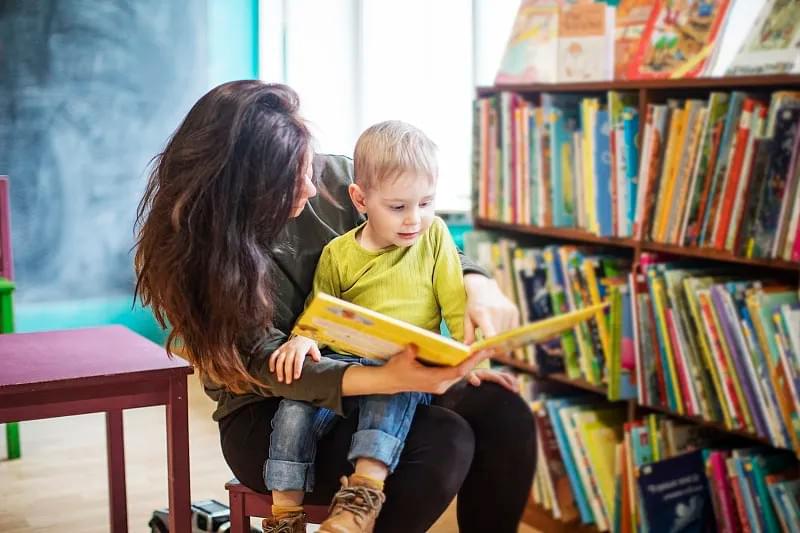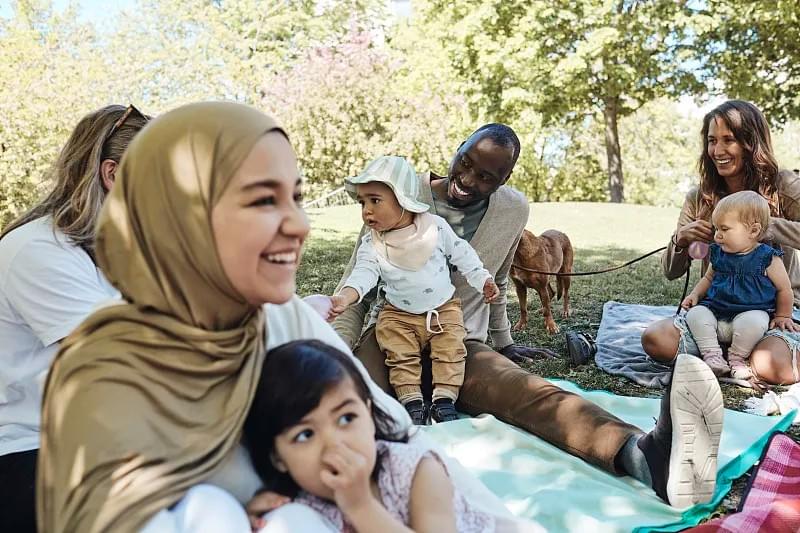In recent years, surrogacy has emerged as a viable and increasingly accepted path to parenthood for individuals and couples facing infertility, same-sex couples, and single parents by choice. As the number of children born via surrogacy continues to rise globally, so does the interest in understanding the long-term psychological health of these children. While much attention has historically focused on the ethical and legal dimensions of surrogacy, a growing body of research is now turning toward the emotional and mental well-being of the children at the heart of these arrangements.
This article explores the current understanding of the psychological health of children born through surrogacy, examining factors that influence their development, the role of family dynamics, disclosure practices, and how supportive environments contribute to positive outcomes. Our goal is to provide a balanced, evidence-based perspective that not only informs but also reassures prospective parents, surrogacy participants, and healthcare professionals.
Understanding Surrogacy and Its Psychological Context
Surrogacy involves a woman carrying and giving birth to a child for another person or couple, known as the intended parents. There are two primary types: traditional surrogacy, where the surrogate is genetically related to the child, and gestational surrogacy, where the embryo is created using the intended parents’ or donors’ gametes, making the surrogate genetically unrelated.
The psychological journey begins long before birth. Intended parents often undergo extensive screening and counseling, and many surrogates are carefully vetted for emotional stability and motivation. However, the focus on adult participants can sometimes overshadow the needs and experiences of the child. Yet, research increasingly suggests that children born through surrogacy develop psychological well-being on par with, and in some cases exceeding, that of children in traditional family structures.

Research Findings: Emotional and Social Development
Several longitudinal studies have examined the psychological adjustment of surrogacy-conceived children. One landmark study conducted by the Centre for Family Research at the University of Cambridge followed children born through assisted reproduction, including surrogacy, from infancy into adolescence. The findings revealed that, by age 10, these children showed no significant differences in emotional or behavioral problems compared to those conceived naturally.
Moreover, children in surrogacy families often exhibit strong parent-child relationships. This may be attributed to the high levels of intentionality and emotional investment involved in the surrogacy process. Intended parents typically spend considerable time, effort, and resources to build their families, which often translates into highly involved and nurturing parenting styles.
Another critical factor is family openness. Studies show that children who are told about their origins early and in an age-appropriate manner tend to have better self-esteem and a stronger sense of identity. When surrogacy is normalized within the family narrative—presented as a positive and loving way of becoming a family—children internalize this as part of their personal story without stigma or confusion.
The Role of Disclosure and Family Communication
One of the most debated aspects in surrogacy is whether and when to disclose the child’s conception method. Some parents worry that revealing the truth might confuse or upset the child. However, experts in child psychology and reproductive ethics now widely recommend full disclosure.
Research indicates that secrecy can inadvertently create anxiety and a sense of difference. In contrast, open communication fosters trust and resilience. A 2022 study published in Human Reproduction found that children who learned about their surrogacy origins before age 7 had more positive perceptions of their family structure and reported higher levels of emotional security.
The way information is shared matters. Using simple, positive language—such as “You were so wanted that we needed help from a very kind woman to bring you into our family”—helps children understand their origins as part of a loving journey rather than a medical or social anomaly.

Challenges and Considerations
Despite the generally positive outcomes, it is important to acknowledge potential challenges. As children grow, they may have questions about their genetic origins, the surrogate, or why they couldn’t be conceived naturally. These questions are normal and part of identity development, not signs of psychological distress.
Some children may experience social stigma, especially in communities where surrogacy is less understood. Bullying or insensitive comments from peers can impact self-worth. Therefore, fostering a supportive school and social environment is crucial. Parents are encouraged to work with educators and counselors to promote inclusivity and educate others about diverse family forms.
Another consideration is the child’s relationship with the surrogate. In some cases, ongoing contact is maintained, which can provide emotional continuity and answer questions organically. In others, the arrangement is anonymous. Both models can be psychologically healthy, provided the child feels secure in their family identity.
Support Systems and Professional Guidance
Support does not end at birth. Mental health professionals, fertility counselors, and support groups play a vital role in ensuring the well-being of surrogacy families. Access to specialized counseling services helps parents navigate disclosure, answer difficult questions, and address any emotional concerns that arise during the child’s development.
Schools and healthcare providers also benefit from training on diverse family structures. When teachers and pediatricians are knowledgeable and affirming, children feel validated and supported in multiple environments.
Additionally, peer networks—such as online communities for surrogacy families—offer invaluable emotional support. Sharing experiences with others who have walked a similar path reduces isolation and reinforces positive narratives.

Global Perspectives and Cultural Sensitivity
Attitudes toward surrogacy vary widely across cultures and legal systems. In some countries, surrogacy is banned or heavily restricted, which can lead to international arrangements and complex citizenship issues. These external stressors can indirectly affect a child’s psychological environment.
For example, children born through cross-border surrogacy may face challenges related to nationality, documentation, or societal acceptance in their home country. These factors underscore the importance of legal preparedness and psychosocial support for international surrogacy families.
Cultural narratives also shape how children perceive their origins. In societies where biological ties are highly emphasized, children may struggle more with feelings of difference. Conversely, in more pluralistic cultures, diverse family forms are increasingly normalized, contributing to better psychological integration.
Looking Ahead: Toward a More Inclusive Future
As society evolves, so too must our understanding of family and well-being. The psychological health of children born through surrogacy is not determined by how they were conceived, but by the love, stability, and honesty with which they are raised.
Future research should continue to follow surrogacy-conceived individuals into adulthood, exploring identity formation, romantic relationships, and intergenerational attitudes. Long-term data will further validate current findings and guide best practices in counseling and policy.
For intended parents, the takeaway is clear: openness, emotional availability, and access to support are the cornerstones of healthy development. For society, the message is one of inclusion—recognizing that family comes in many forms, and all can provide the foundation for a psychologically healthy life.

Conclusion
The psychological health of children born through surrogacy is a testament to the power of intentional, loving parenting. Far from being at a disadvantage, these children often thrive in environments rich with emotional support and open communication. As research continues to affirm their well-being, the focus should shift from questioning the validity of surrogacy families to strengthening the resources available to them.
By promoting education, reducing stigma, and supporting families through every stage of the journey, we can ensure that every child—regardless of how they came into the world—grows up feeling loved, understood, and whole.
For intended parents considering surrogacy, know this: your child’s mental and emotional health is not defined by the path you take to parenthood, but by the depth of your love and the strength of your family bond.
